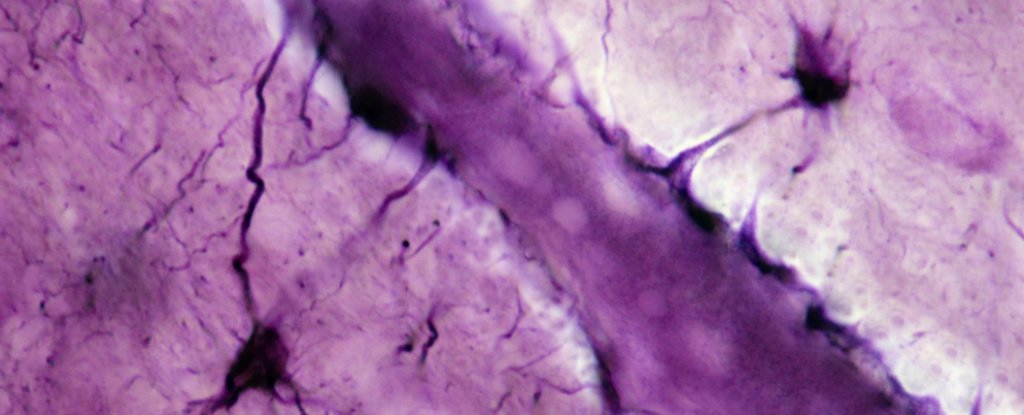
Sep 18, 2021
42 secs
Researchers have found intriguing evidence in mice that a blood-to-brain pathway could be responsible for introducing the toxic particles that contribute to Alzheimer's disease into our grey matter."Our research shows that these toxic protein deposits that form in the brains of people living with Alzheimer's disease most likely leak into the brain from fat-carrying particles in blood, called lipoproteins," says lead investigator and physiologist John Mamo.
Yet having large concentrations of beta-amyloid in the peripheral blood is an exceptionally good predictor of developing brain plaques later.
Still, the possibility that the beta-amyloid could be generated inside the brain in toxic concentrations couldn't be ruled out as a contributing factor.Though there's plenty more work to be done, the discovery suggests there could be therapies for Alzheimer's disease that target the diet or use pharmaceuticals that manage how lipoproteins interact with beta-amyloid.